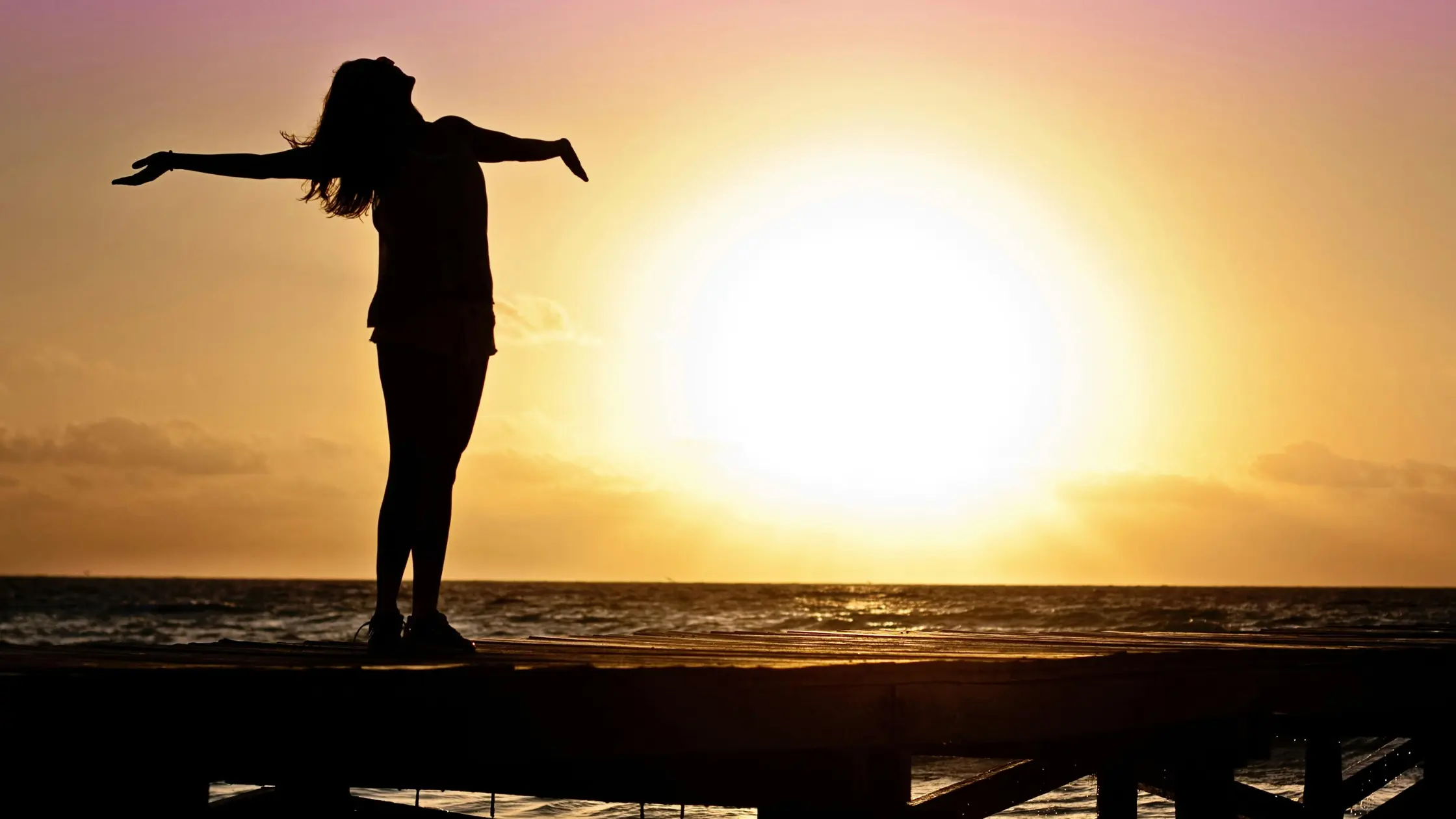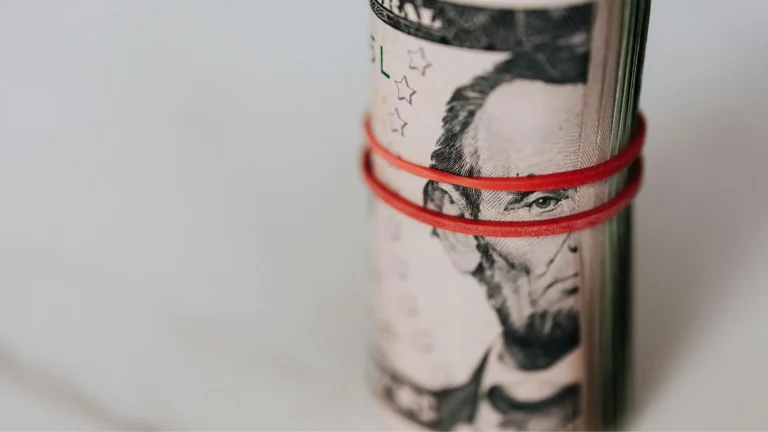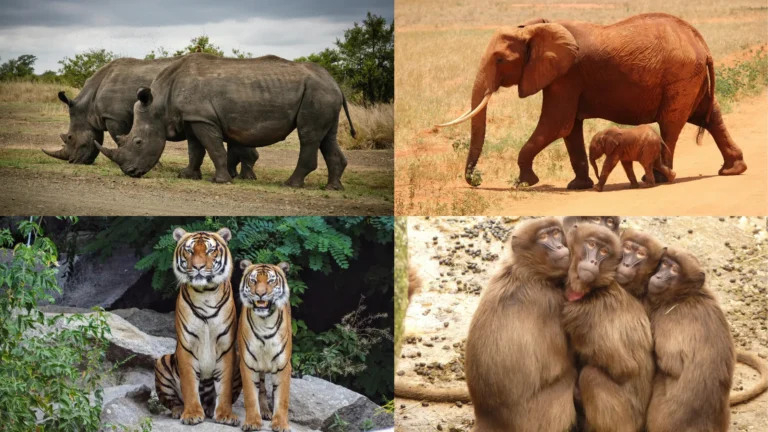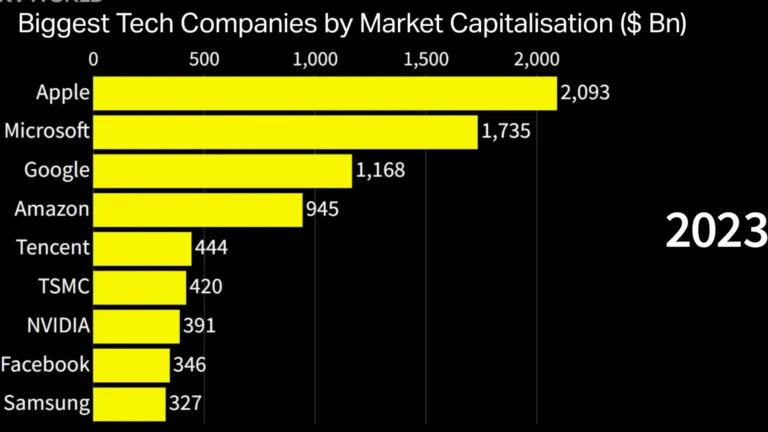Global Freedom: A Comparative Overview of Nations
In today’s interconnected world, the concept of freedom serves as a fundamental pillar for democracy and human rights. Freedom House, a renowned watchdog organization, rates countries based on their citizens’ access to political rights and civil liberties. This blog delves into the freedom levels of various nations, revealing stark contrasts that reflect the complexity of governance and individual rights globally.
The Top of the Freedom Spectrum
Finland stands tall at the pinnacle of freedom with a perfect score of 100. Known for its robust democracy, Finland excels in areas like education, gender equality, and a strong social safety net. Citizens enjoy unfettered access to information, freedom of expression, and an independent judiciary, creating an environment where individual liberties flourish.
Following closely, Sweden and New Zealand each score 99. Sweden, recognized for its progressive policies, showcases an inclusive society where freedom of speech and assembly is deeply ingrained in the national ethos. New Zealand, similarly, emphasizes human rights and civic participation, as seen in its active involvement in international human rights advocacy.
Norway and Ireland are also noteworthy contenders, scoring 98 and 97, respectively. Norway’s emphasis on transparency and participation in political processes enhances its score. In Ireland, the recent legalization of same-sex marriage reflects the nation’s evolving commitment to civil liberties, ultimately contributing to its high freedom rating.
A Cluster of High-Freedom Nations
Countries like Denmark, the Netherlands, and Canada, all scoring 97, exemplify the virtues of liberal democracy. Denmark’s welfare system and emphasis on social equity ensure that citizens enjoy a high standard of living alongside their freedoms. The Netherlands, with its progressive stances on issues like drug policy and LGBTQ+ rights, reinforces the importance of personal freedoms in shaping a humane society. Canada’s multicultural policies further exemplify how diversity can coexist with liberty, fostering an inclusive environment where various cultures thrive.
In Asia, Japan is notable for its score of 96. Despite its rich democratic traditions, Japan grapples with issues related to minority rights and freedom of expression. Nevertheless, its strong legal framework and active civil society play crucial roles in upholding freedoms.
The Middle Ground: A Mixed Bag
As we move down the freedom scale, countries like Germany (93) and Austria (93) highlight the range of experiences within Europe. Germany’s commitment to human rights and its historical lessons from totalitarianism shape its robust democratic values. Austria, while also enjoying high freedom levels, faces challenges related to rising populism and xenophobia, which test its commitment to civil liberties.
The United Kingdom, scoring 91, showcases a rich history of democracy but faces contemporary challenges regarding privacy and freedom of speech, particularly in the digital age. Spain, Slovakia, and Italy, all at 90, reflect the struggles of maintaining freedoms in the face of economic and political instability, where populist movements sometimes threaten traditional democratic structures.
The Freedom Struggles of Developing Nations
As we descend into the lower tiers of freedom ratings, countries like South Africa (79) and Israel (74) illustrate the complexities of democracy in developing nations. South Africa, while lauded for its transition from apartheid, grapples with corruption, inequality, and service delivery, threatening the freedoms of its citizens. Israel, on the other hand, faces unique challenges regarding the balance between security and civil liberties, especially in the context of the Israeli-Palestinian conflict.
In stark contrast, the United States, with a score of 83, is a pertinent example of a nation facing its own identity crisis in terms of freedom. Following years of political division, issues surrounding voting rights, systemic racism, and freedom of the press have brought the country’s democratic values under scrutiny.
Countries like Brazil (72) and India (66) present a more complicated picture. Brazil has made strides in social policies but struggles with political corruption and violence. India, the world’s largest democracy, faces challenges such as censorship, religious intolerance, and regional disparities in freedom, which complicate its democratic fabric.
Dismal Freedom Scores: The Most Repressive Nations
As we approach the lowest end of the spectrum, the scores tell a harrowing story of repression. Nations like China (9) and North Korea (3) exemplify extreme authoritarianism. China’s state controlled media, suppression of dissent, and pervasive surveillance paint a bleak picture of civil liberties. North Korea’s totalitarian regime, characterized by extreme censorship and human rights violations, reveals the depths of repression, making it one of the least free nations globally.
Countries such as Venezuela (15) and Syria (1) further illustrate the dire consequences of oppressive regimes. Venezuela’s political crisis has led to economic collapse and widespread human suffering, while Syria’s ongoing civil war has obliterated basic freedoms, resulting in one of the most catastrophic humanitarian crises of our time.
Conclusion: The Path Forward
The freedom ratings provided by Freedom House serve as a crucial reminder of the state of democracy around the globe. While some nations thrive, benefiting from their commitment to civil liberties, others languish under oppressive regimes, struggling for basic rights. The importance of global awareness and advocacy cannot be overstated; the fight for freedom is far from over. Each nation must grapple with its unique challenges and strive toward a future where liberty, dignity, and human rights are not just aspirations but realities for all citizens.
Understanding these dynamics not only fosters appreciation for our freedoms but also compels us to support those who are still fighting for theirs.







